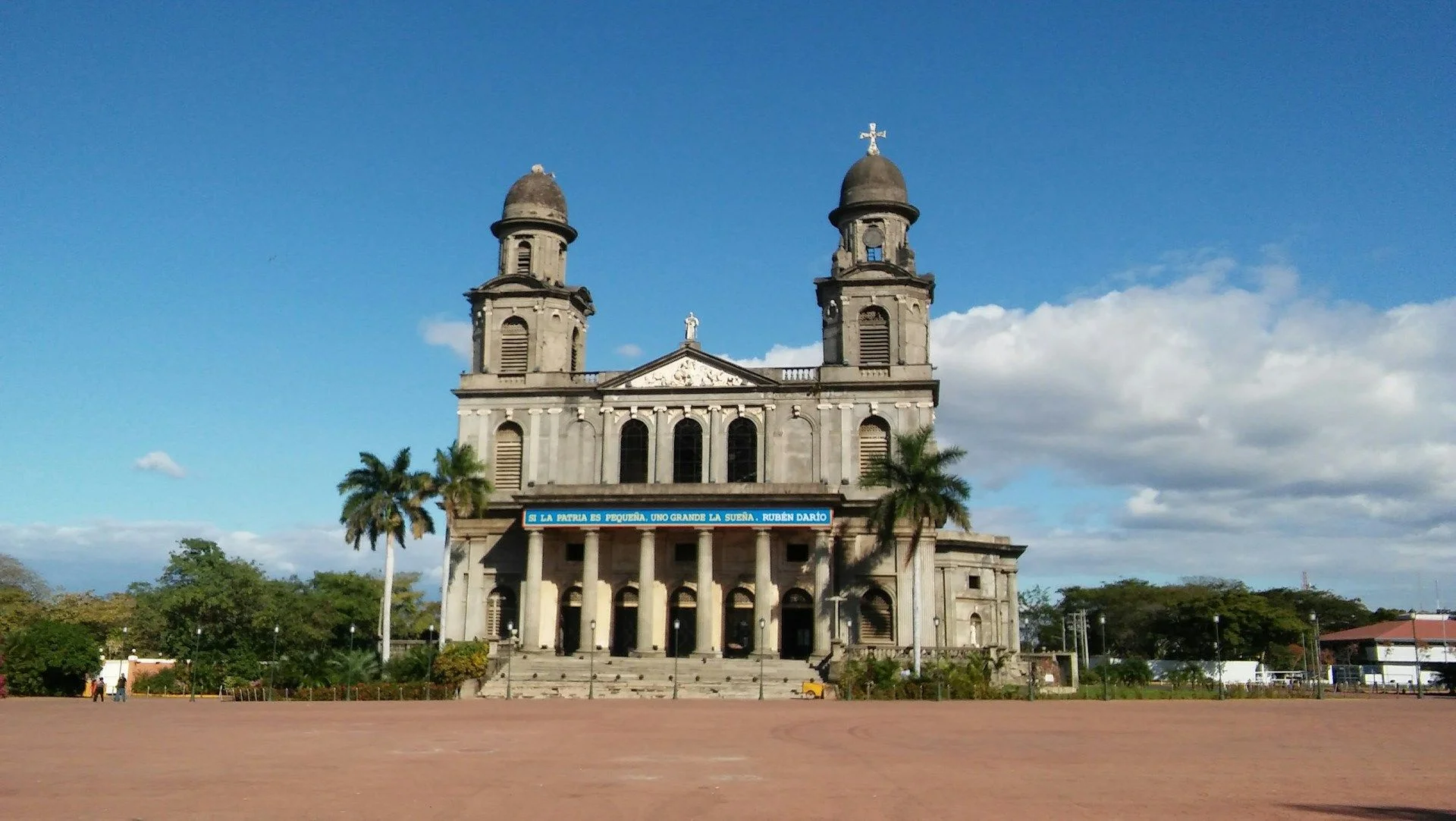Managua Investment Real Estate – Opportunities for BuyersCity of heat, movementand local demand

Best offers
in Managua
Benefits of investment in
Nicaragua real estate
Volcano-view land and lakefront homes
Scenic regions offer land near volcanoes and lakes — ideal for nature lovers or tourism projects.
Affordable prices near surfing towns and coasts
Pacific coastal towns offer houses and land with ocean access at low costs.
Residency options tied to property ownership
Buying real estate can help qualify for residency or long-stay permits under current rules.
Volcano-view land and lakefront homes
Scenic regions offer land near volcanoes and lakes — ideal for nature lovers or tourism projects.
Affordable prices near surfing towns and coasts
Pacific coastal towns offer houses and land with ocean access at low costs.
Residency options tied to property ownership
Buying real estate can help qualify for residency or long-stay permits under current rules.

Useful articles
and recommendations from experts
Real Estate in Managua, Nicaragua
Why Invest in Managua
Managua, the capital and largest city of Nicaragua, is the country’s main political, cultural, and economic center. Located along the southern shore of Lake Managua, it serves as the key hub for commerce, infrastructure, and international connectivity in Nicaragua. Its real estate market offers attractive opportunities for investors seeking affordable entry points in Central America, especially for rental housing, commercial developments, and mixed-use urban regeneration projects. Low costs of living, proximity to tourist regions, and growing diaspora demand are also fueling the property sector.
Types of Real Estate in Managua
The city’s diverse real estate offerings include:
- Urban apartments and condominiums — Located in neighborhoods like Villa Fontana, Los Robles, and Las Colinas, appealing to professionals and expats.
- Detached houses — Found in family-oriented communities such as Carretera Sur and Bolonia, often with gardens and gated access.
- Affordable homes and duplexes — Available in areas like Ciudad Sandino and Tipitapa for local buyers or rental investors.
- Commercial real estate — Office spaces, retail strips, and warehouses in central and suburban districts.
- Development land — Parcels near main roads or tourist zones suited for residential or hospitality projects.
Can Foreigners Own Real Estate in Managua?
Yes. Nicaragua permits foreign individuals and entities to own property with rights equal to those of citizens:
- Freehold ownership is allowed without restrictions for foreigners.
- No residency requirements for purchasing real estate.
- Title registration is required through the national property registry.
- Ownership near coasts or borders may require approval via a Nicaraguan company structure due to national security zones.
Real Estate Prices in Managua
Property in Managua remains affordable by regional standards:
- Urban apartments: USD 50,000 – 120,000 (1–3 bedrooms)
- Mid-range houses: USD 80,000 – 180,000 depending on size and zone
- Luxury villas in gated communities: USD 200,000 – 500,000+
- Residential land plots: USD 30 – 80 per m² in desirable zones
- Commercial real estate: USD 1,000 – 2,500 per m² for office or retail space
Rental Demand and Yield Potential
The rental market in Managua is supported by:
- Local professionals and middle-class families seeking housing near work and schools.
- NGO and embassy staff concentrated in secure neighborhoods with international schools.
- Digital nomads and retirees attracted to Nicaragua’s low cost of living and residency options.
- Urban condos: 5% – 7%
- Single-family homes: 6% – 8%
- Commercial retail or office: 8% – 10%
Best Neighborhoods to Invest
Top districts in Managua for real estate investment include:
- Villa Fontana — An upscale, secure area with embassies, consulates, and high-end housing.
- Las Colinas — Known for large properties, tranquility, and access to private schools.
- Los Robles — Urban yet leafy, popular with professionals and medical centers.
- Carretera Sur — Gated communities and villas with views and strong rental appeal.
- Ciudad Sandino — Budget-friendly district with strong demand from workers and young families.
Buying Process and Legal Considerations
The process of acquiring property in Managua generally includes:
- Due diligence — Confirm title, zoning, and property boundaries via municipal and registry checks.
- Promissory agreement — Signed with deposit (usually 10%) to secure terms.
- Notarized final deed — Executed before a public notary and filed with the property registry.
- Registration — Title must be officially registered in the name of the new owner.
- Utility transfers and municipal obligations — Completed after closing.
Taxes and Ongoing Costs
Associated costs of real estate ownership in Managua include:
- Property transfer tax: 1% – 4% depending on property value
- Notary and legal fees: 1% – 2% of purchase price
- Annual property tax: Approximately 1% of cadastral value (often lower than market value)
- Homeowners’ association fees: Apply in gated communities
- Maintenance and security costs: Depend on property type and location
Who Should Invest in Managua?
Managua is an attractive option for:
- Buy-to-let landlords targeting mid-income tenants and expats.
- Commercial investors focused on retail or office developments along major avenues.
- Developers interested in gated communities or mixed-use projects.
- Foreign retirees or digital nomads looking for affordable living with property ownership benefits.
Conclusion
Managua offers compelling real estate opportunities in Central America. With freehold ownership for foreigners, low entry prices, and growing urban demand, the city appeals to investors, developers, and lifestyle buyers. Whether you're targeting stable rental yields, long-term appreciation, or personal residence in a tropical capital, Managua delivers a combination of value and access that is increasingly rare in the region. Proper legal guidance, neighborhood selection, and clear title verification are key to a successful investment.
